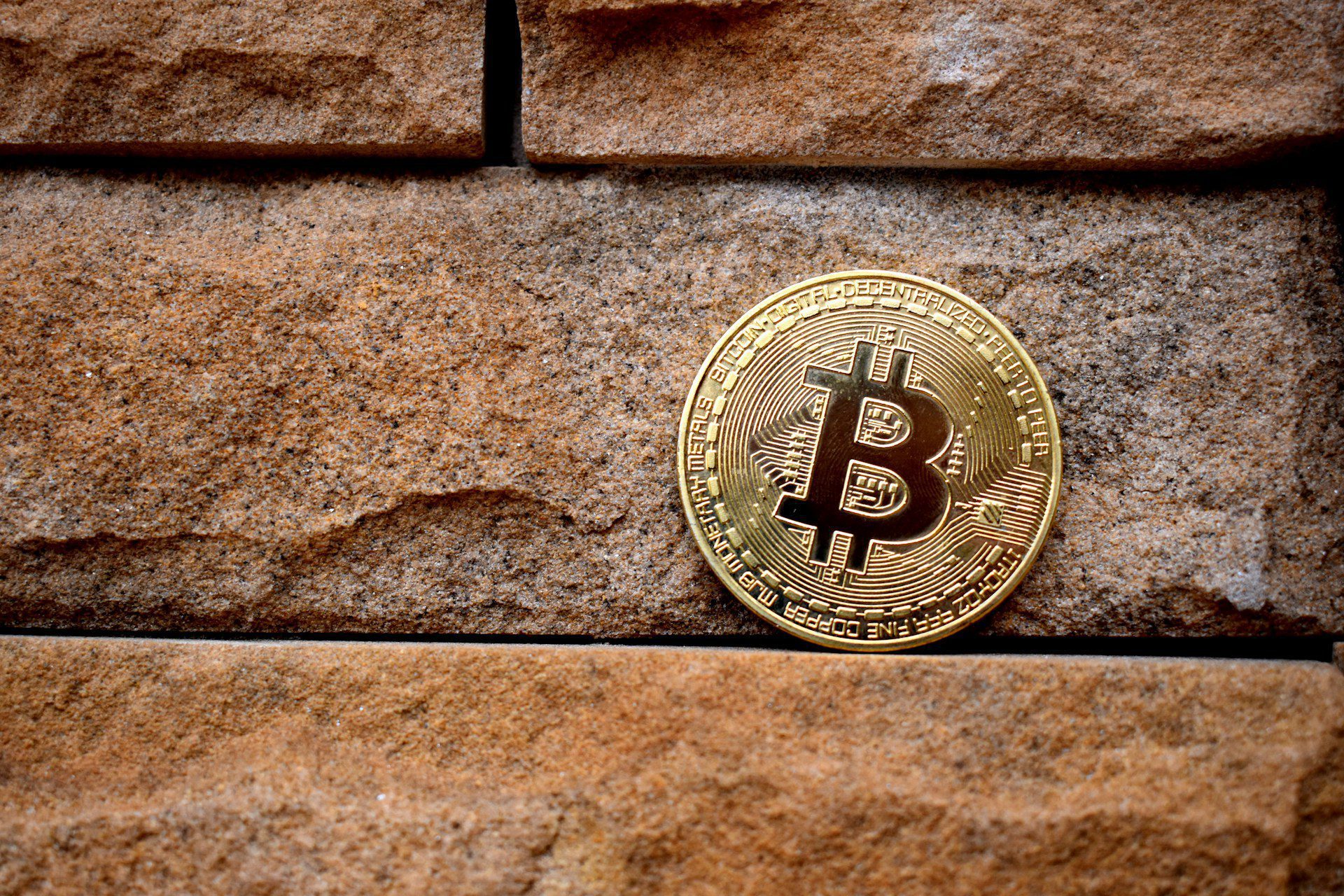Russia is taking a significant step towards regulating its cryptocurrency landscape. According to Anatoly Aksakov, Chairman of the State Duma Committee on the Financial Market, the country will soon impose a comprehensive ban on the circulation of cryptocurrency assets.
The primary motivation behind this move is to reinforce the dominance of the Ruble and control the crypto ecosystem. Aksakov emphasized that only digital financial assets issued in Russia and digital rubles will be permitted, citing the need to prevent cryptocurrency from replacing the Ruble as a monetary unit.
However, there are exceptions to this ban. Cryptocurrency miners and projects sanctioned by the Central Bank will be allowed to continue operating. This is likely due to the significant contribution of Russian miners to the global cryptocurrency market. According to Statista, Russian miners generated $2.60 billion in liquidity for foreign trade settlements in 2022.
Overall, this move marks a significant shift in Russia’s approach to cryptocurrency regulation. By imposing a blanket ban and allowing only select exceptions, the government aims to assert control over the crypto ecosystem and maintain the Ruble’s dominance.
The announcement of Russia’s blanket ban on cryptocurrency assets has ignited a fierce debate among citizens and lawmakers alike. Artem Kiryanov, Deputy Chairman of the State Duma Committee on Economic Policy, has weighed in on the issue, emphasizing the need for clear and comprehensive regulations.
According to Kiryanov, the key to successful regulation lies in the digital code. He advocates for a thorough and detailed approach, stating that the digital code should “clearly spell out the conceptual apparatus and common judicial law enforcement practice” for cryptocurrency. This would provide a solid foundation for the development of a fair and effective regulatory framework.
Kiryanov’s comments highlight the importance of careful consideration and planning in addressing the complex issues surrounding cryptocurrency. As Russia navigates this uncharted territory, it is crucial to strike a balance between innovation and regulation, ensuring that the nation’s economic and financial stability are maintained while also embracing the potential benefits of digital currencies.
The cryptocurrency market has experienced its fair share of volatility, with China’s blanket ban on crypto and mining activities in 2021 being a notable example. At the time, China was home to a significant portion of the world’s mining operations, and the ban led to a mass exodus of miners from the country. This resulted in a significant disruption to the global mining landscape, contributing to a market-wide downturn.
However, it’s worth noting that the current situation with Russia’s ban on cryptocurrency assets may have a different impact on the market. Unlike China, Russia does not have a large mining presence, which could limit the ban’s effects on global mining operations. Additionally, the market has had time to adapt and diversify since the Chinese ban, which could help mitigate the impact of Russia’s move. Nonetheless, the cryptocurrency market remains highly unpredictable, and investors are keeping a close eye on developments.
Despite Russia’s ban on cryptocurrency assets, the market impact is expected to be limited due to the country’s relatively small mining presence. Unlike China, which previously held a significant share of global mining operations, Russia’s mining population is minimal, reducing the potential disruption to the global mining landscape.
Furthermore, the decentralized nature of cryptocurrency has allowed individuals in Russia and Ukraine to transfer funds without being affected by sanctions. In fact, the declining value of the Russian Ruble has led some to seek refuge in cryptocurrency, converting their currency to mitigate further devaluation.
While the market has experienced a correction this week, with Bitcoin (BTC) falling 2.6% daily and 6.2% weekly, the impact of Russia’s ban is likely to be minimal. Geopolitical tensions and market volatility are more significant contributors to the correction, making the Russian ban just one of several factors at play.





